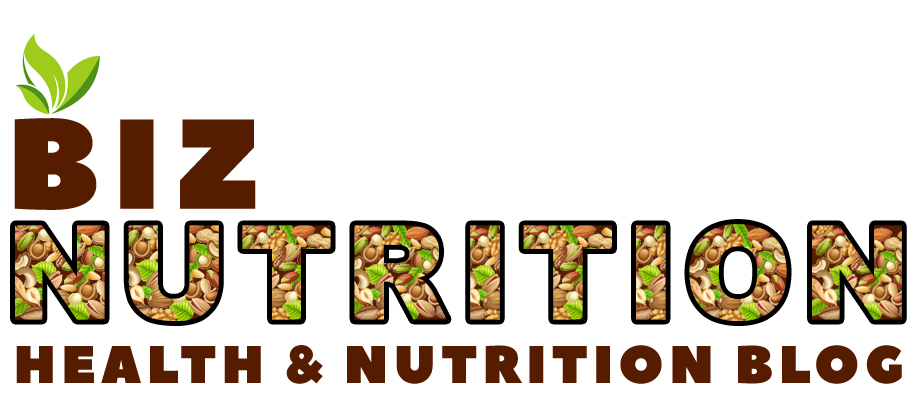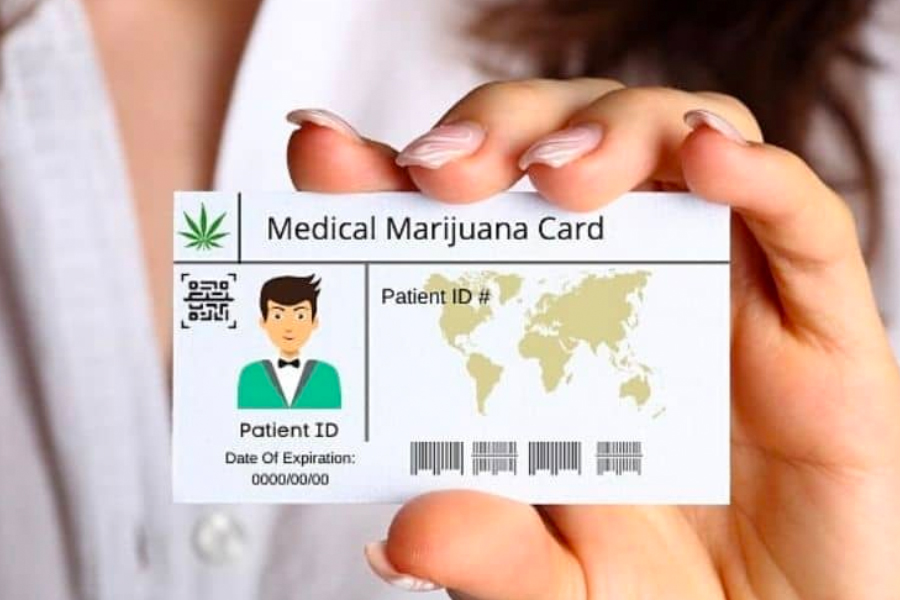
Alcohol withdrawal can be a challenging and uncomfortable experience. It occurs when a person who has been consuming alcohol regularly and in large amounts suddenly stops or significantly reduces their intake. Symptoms can range from mild to severe and include anxiety, depression, insomnia, tremors, and seizures.
It is important to seek medical assistance when experiencing alcoholwithdrawal symptoms, as severe cases can be life-threatening. However, there are also self-care strategies that can help manage the symptoms and support recovery. Here are some tips for coping with alcohol withdrawal:
Stay Hydrated:
Drinking plenty of water can help prevent dehydration, which can worsen withdrawal symptoms. It is also important to consume electrolyte-rich beverages, such as sports drinks or coconut water, to help replenish essential nutrients.
Eat A Balanced Diet:
Eating a nutritious diet can help support the body during the withdrawal process. It is important to consume foods rich in vitamins, minerals, and protein. Foods that are particularly beneficial include whole grains, lean protein sources, fruits, and vegetables.
Exercise:
Exercise can help reduce stress, anxiety, and depression, all of which are common symptoms of alcohol withdrawal. It can also improve sleep quality and boost mood. Engaging in moderate exercises, such as walking, yoga, or swimming, can be helpful during this time.
Get Plenty Of Rest:
Alcohol withdrawal can disrupt sleep patterns, leading to insomnia or restless nights. It is important to establish a regular sleep routine and prioritize getting enough rest. This can include winding down before bedtime, avoiding caffeine and electronics in the evening, and creating a comfortable sleep environment.
Practice Relaxation Techniques:
Relaxation techniques such as deep breathing, meditation, or progressive muscle relaxation can help reduce anxiety and promote relaxation. These practices can be particularly useful during times of stress or when experiencing intense withdrawal symptoms.
Seek Support:
Coping with alcohol withdrawal can be challenging, and it is important to have a support system in place. This can include friends, family, or support groups. Seeking professional help from a therapist or qualified counsellor can also be beneficial.
Avoid Triggers:
Triggers are situations or people that can cause cravings or temptations to drink. It is important to identify and avoid these triggers to prevent relapse. This can involve making changes to one’s environment, social circle, or daily routine.
Stay Engaged In Activities:
Engaging in meaningful activities can help distract from withdrawal symptoms and promote a sense of purpose. This can include hobbies, volunteer work, or socializing with sober friends.
Consider Medication:
In some cases, medication may be prescribed to manage alcohol withdrawal symptoms. This can include benzodiazepines, antipsychotics, or antidepressants. It is important to work with a healthcare provider to determine the most appropriate medication and dosage.
In conclusion, coping with alcohol withdrawal can be a difficult and uncomfortable experience, but there are self-care strategies that can help manage symptoms and support recovery. It is important to seek medical assistance when experiencing severe withdrawal symptoms, but also to practice healthy habits such as staying hydrated, eating a balanced diet, exercising, getting enough rest, practicing relaxation techniques, seeking support, avoiding triggers, staying engaged in activities, and considering medication. These strategies can help promote a successful recovery and improve overall well-being.

